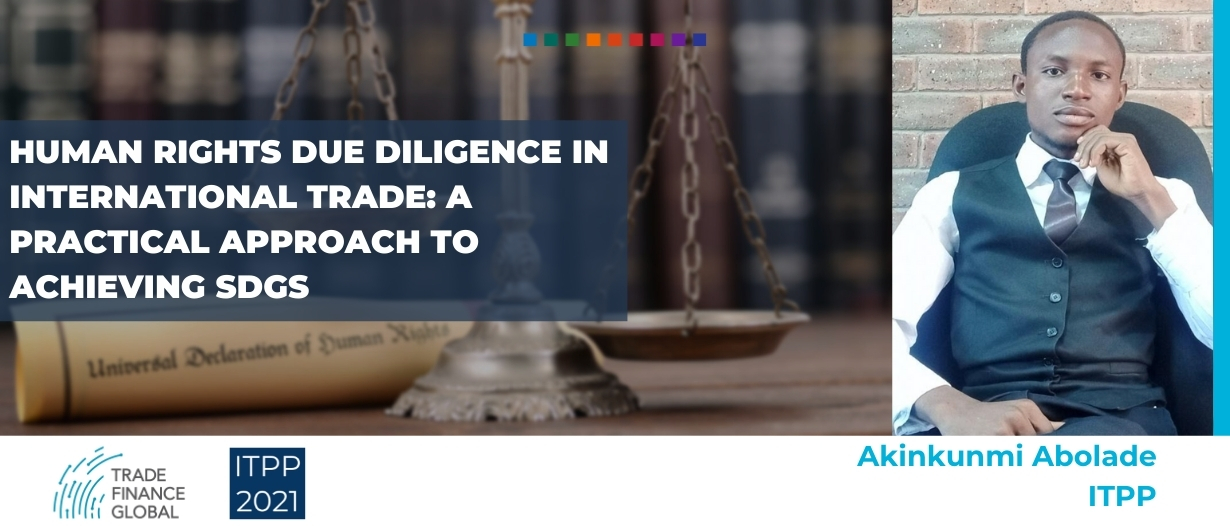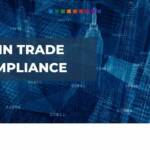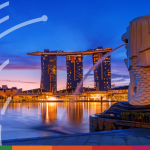Humankind may be one misstep away from destroying the world as we know it. Thankfully, by diligently scrutinizing international trade and financial transactions, we can mitigate the risk of this happening. This article posits that human rights due diligence is the most practical approach to addressing climate change concerns and achieving a wide range of sustainable development goals.
What is human rights due diligence?
International trade is the engine that drives the global economy. However, some actions in international trade tend to steer the world off course, towards a path of poverty and human rights violation. Industrialization is one of the biggest contributors to climate change, a global phenomenon that induces poverty and a host of other challenges. Human rights due diligence refers to the steps taken by a company to ensure that their activities do not add to the problem. The term refers to the actions and corporate policies that ensure they do not violate human rights in the course of their operations.
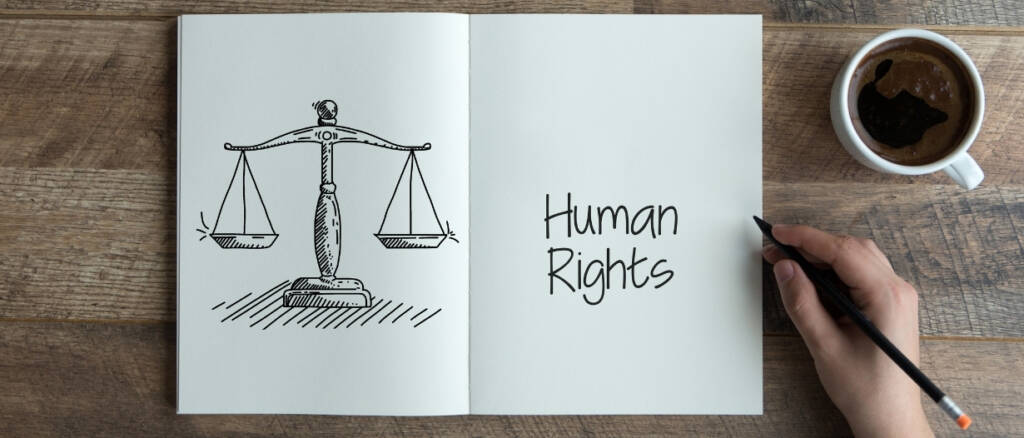
In some countries, exporters and importers are now required to submit a human rights due diligence certificate to customs officials in certain cases. In the United States, goods from Xinjiang made from forced labour are subject to a Withhold Release Order (WRO). Importers who contend that their supply chains do not contain elements of forced labour are required to submit a certificate of origin signed by the manufacturer that traced the provenance of the goods. Also, Germany recently enacted a law requiring mandatory human rights due diligence. These are steps in the right direction. However, human rights due diligence should be required of all importers by all countries in all aspects of international trade and finance. That is the best way to achieve global development.
How human rights due diligence can help to achieve development goals
The realization that the world needs to be coordinated in its efforts to achieve global development is one of the factors that birthed the Millennium Development Goals, which have since been replaced by the Sustainable Development Goals. Stating human rights due diligence across all supply chains would help achieve some of these goals and in turn promote global development. The goals that can be achieved through mandatory human rights due diligence can be summarised in the following manner:
- No poverty
- Decent work and economic growth
- Climate action
- Affordable and clean energy
- Peace, justice, and public institutions.
Let’s examine how these goals already form part of human rights law and further explore the necessity of human rights due diligence.
Goals 1 & 8: No poverty, decent work, and economic growth
Poverty reduction in an economy and a decent work environment are largely connected. Despite many decades of rapid modernization, in 2016 there were still an estimated 40.3 million people around the globe subject to modern slavery. Many more people are performing jobs that are not commensurate to their wages. These facets further increase poverty in an economy. They are indicators that, despite some progress, the world still lags in achieving its goal of eradicating poverty. Without a doubt, improving work conditions will reduce the poverty rate in an economy.
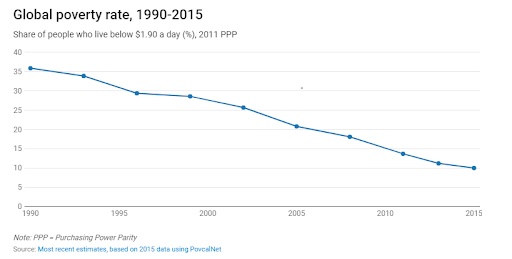
Article 7 of the International Covenant on Economic, Social, and Cultural Rights (ICESR) advocates for the right of everyone to have just and favourable work conditions with fair wages. Also, Article 8 of the International Covenant on Civil and Political Rights (ICCPR) states that no one shall be held in slavery or servitude.
Section 54 of the UK Modern Slavery Act states that every commercial organization within the scope of the Act must publish a slavery and human trafficking statement that indicates their policies and due diligence process in ensuring that slavery and human trafficking are not in their supply chains. Other countries should adopt a similar approach and ensure that companies are required to submit a human rights due diligence certificate in this regard before their goods are permitted to be imported. Doing so will help reduce poverty and promote decent work environments. The certificate should also contain a report which shows that a certain percentage of their profit is being invested back into the company as wages.
Goal 13 & 7: Climate Action & Affordable and clean energy
Recent events have shown that the world must take urgent steps to address the issue of climate change. Further corroborating this claim is the recent Intergovernmental Panel on Climate Change (IPCC) report which stresses that human actions have warmed the earth at an unprecedented rate. The reality of the danger of climate change is manifested by recent events such as flooding in the UK, Germany, and China or wildfires in Australia and Canada. All of these are indicators that climate change is a big issue that must be tended to immediately.
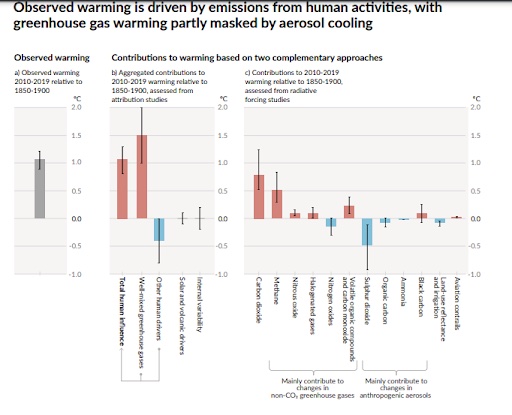
Article 12(2)(b) of the ICESR provides that countries should commit to improving all aspects of environmental and industrial hygiene. Requiring that exporters and importers submit a human rights due diligence certificate as it concerns climate change activities in their supply chain is a practical approach to address the issue. Since industrialization happens to be the major cause of climate change, companies should be required to start reducing their emissions. It is not enough for countries to set a deadline for the total transition to green energy without mandating companies to start reducing their emissions.
Goal 16: Peace, justice, and public institutions
One of the most practical ways to achieve this goal is by mandating large corporations to invest in corporate social responsibility (CSR). While many companies already invest in this area to promote their reputation, there should be legislation in place to mandate this. Goods of a company should only be allowed to be imported if a certain percentage of their revenue is being invested into CSR.
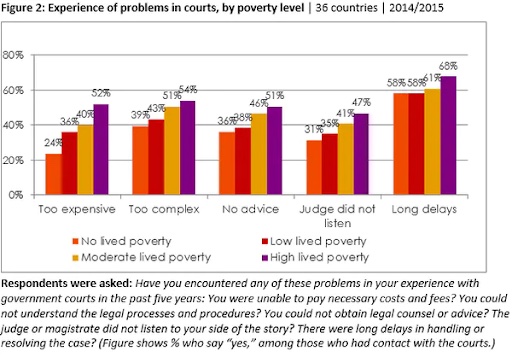
Article 14 of the International Covenant on Civil and Political Rights (ICCPR) provides for the right to a fair trial and access to justice. One of the major hindrances to attaining this right is the lack of adequate funding in the court system and access to justice. Requiring big corporations to submit a due diligence human rights certificate as it concerns their funding of the attainment of this right through CSR is the most effective way of achieving Goal 16.
Conclusion
There is a nexus between SDGs and human rights. Human rights due diligence in international trade is the most effective method of attaining sustainable development goals with a focus on some SDGs. It is not enough that states make efforts to achieve those goals within their country; there must be international cooperation.
The international community must start taking pragmatic steps towards achieving the SDGs. It should be ensured that international trade and financial transactions promote the SDGs and do not hinder their attainment, an unfortunate reality under the current situation. Human rights due diligence in international trade is the most effective solution.















